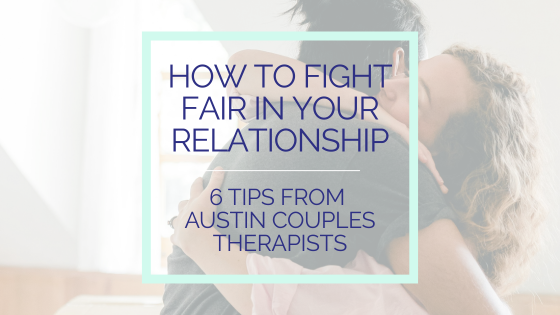Every relationship experiences ups and downs, but what happens when you feel stuck in a cycle of frustration, disconnection, or conflict? While it’s ideal for both partners to work together on resolving issues, that’s not always possible. The good news is that change can start with just one person. Taking the first step to navigate relationship challenges on your own can set the stage for meaningful growth and transformation.
Why Start Individual Therapy for Your Relationship Alone?
It’s common to feel hesitant about addressing relationship issues on your own. You might wonder if your efforts will even make a difference. However, focusing on your own growth and responses can:
Shift dynamics within the relationship
Reduce tension and create space for open dialogue
Empower you to set healthy boundaries and meet your needs
Provide clarity for the future of your relationship
When you take responsibility for your role in the relationship, it often encourages your partner to reflect on their own behaviors and contributions.
Steps to Navigate Relationship Challenges on Your Own
Reflect on Your Emotions and Needs
Understanding your feelings and needs is the first step in addressing relationship challenges. Journaling or speaking with a therapist can help you clarify what’s really going on beneath the surface.
Identify Your Patterns
Are you quick to avoid conflict, or do you find yourself becoming defensive, reactive, or explosive during disagreements? Recognizing these patterns can help you approach situations more intentionally and productively.
Practice Effective Communication
You don’t need your partner’s participation to improve communication. Avoid the silent treatment, focus on expressing your thoughts and feelings using “I” statements, and practice active listening when your partner responds.
Set and Uphold Boundaries
Boundaries are essential for maintaining healthy relationships. Identify what behaviors you’re willing to accept, and communicate these limits clearly and respectfully.
Cultivate Self-Awareness
Taking time to explore your own beliefs, values, and triggers can help you approach your relationship with more clarity and confidence. This might involve therapy, mindfulness practices, or self-help resources.
Foster Personal Growth
Working on yourself isn’t just about improving your relationship; it’s also about finding fulfillment and balance in your own life. Pursue hobbies, connect with supportive friends, and take steps to prioritize your mental and emotional well-being.
How Individual Therapy Can Help
Individual therapy is a powerful tool for navigating relationship challenges. A therapist can:
Provide an objective perspective on your relationship dynamics
Help you develop communication and emotional regulation skills
Support you in processing past experiences that may impact your current relationship
Guide you in setting realistic expectations and goals
You don’t have to wait for your partner to be ready to start therapy. By seeking support on your own, you’re taking an active step toward positive change.
The Ripple Effect of Change
When you shift how you show up by setting clear boundaries, managing your triggers, and communicating more openly, you affect the emotional climate of the relationship. Your partner is likely to notice and may respond in new ways.
It is important to keep perspective: you control only your own choices and the atmosphere you help create. You can’t force the other person to engage in individual or couples therapy or guarantee that the relationship will survive. However, even if your partner never joins you, your efforts can still lead to a healthier, more fulfilling dynamic.
Begin Your Journey With Austin Relational Wellness
At Austin Relational Wellness, we understand that navigating relationship challenges on your own takes courage. Our licensed therapists are here to support you every step of the way. Whether you’re seeking clarity, healing, or tools to improve your relationship, we can help.
Schedule a free 15-minute phone consult today to take the first step toward creating the changes you want to see in your relationship and in yourself.
Written by Hannah Eubank, LPC, LMFT
Reach out for Individual Therapy for Relationship Issues in Austin through the link below















































